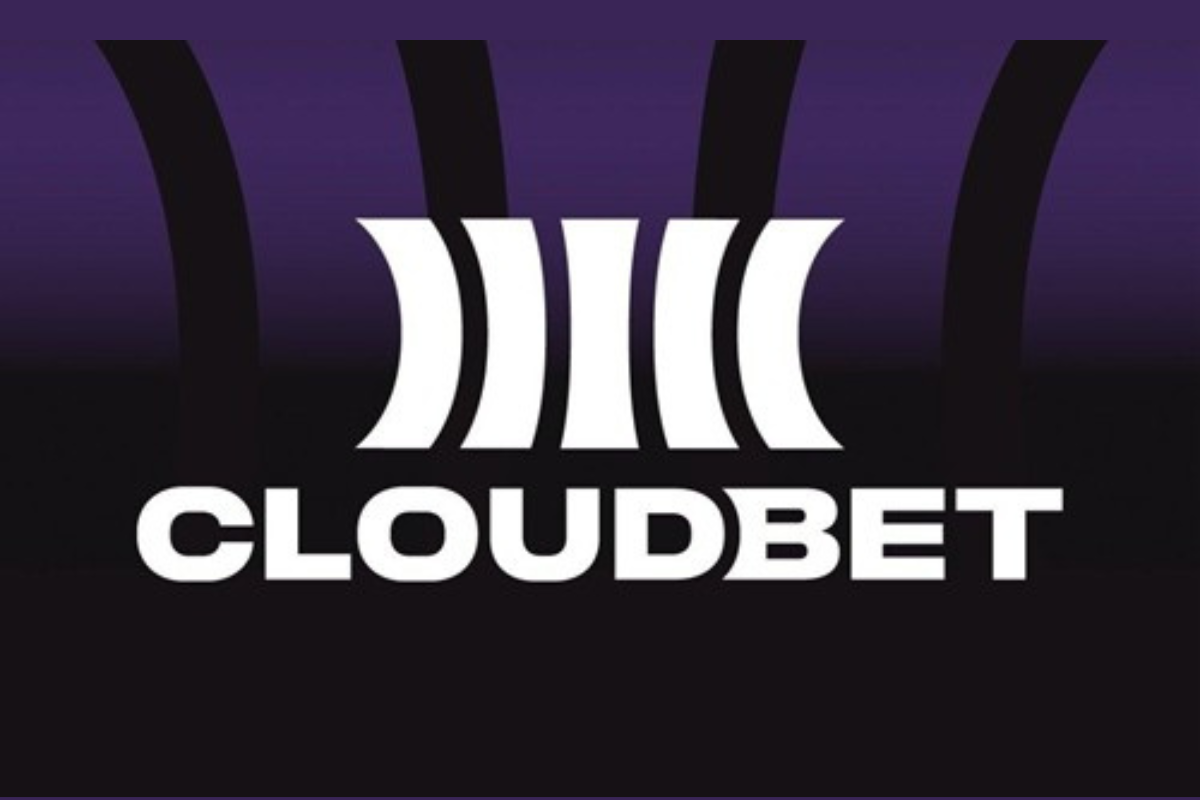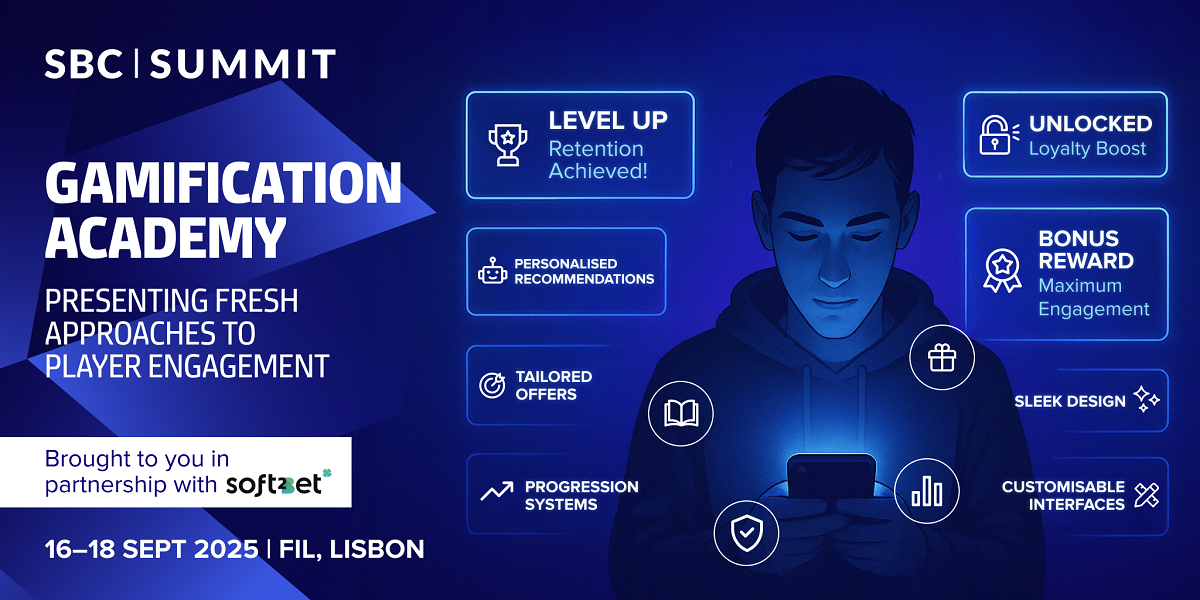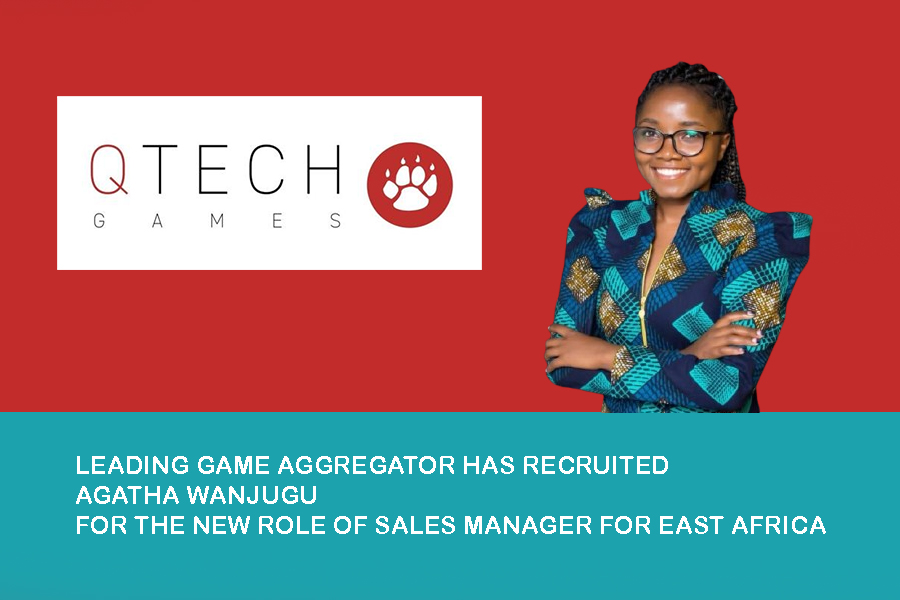Interviews
Q&A with Justin Chen, PickFu Co-founder: How Can Mobile Game Developers Overcome IDFA Void?

Apple’s recent iOS 14.5 update has disabled the Identifier for Advertisers (IDFA), a handy tool for mobile game developers and online marketers to create game features and design advertising strategies.
Here we have with us Justin Chen, co-founder of PickFu, a leading consumer research software that feeds business intelligence through instant online polls.
He talks about the removal of IDFA, its potential impacts, user reaction to the removal, and how game developers and marketers can fill the void.
Q. Welcome Justin Chen, Could you explain the recent talks surrounding IDFA?
A. IDFA acts like a cookie to help advertisers better target iOS users and measure the effectiveness of their mobile marketing campaigns. Apple’s latest iOS 14.5 update has a App Tracking Transparency feature that disables IDFA by default.
This could substantially impact how mobile games are created and marketed. Let me explain it.
Prior to the change, IDFA provided advertisers with information such as whether users downloaded their game through a browser ad or when they’re using the app, how they are interacting with ads in their game, and more. This data became fundamental tot programmatic advertising strategies that free-to-play games use to acquire and target users, improve the user experience, and monetise games. Many marketers believe the update is the death of IDFA, as consumers must now opt in to allow app tracking.
Q. PickFu has recently conducted poll with gamers with Apple devices. Could you tell us more about the results of the poll?
A. PickFu’s poll involved 200 mobile gamers with Apple devices. The poll simply asked whether they would enable or disable app tracking.
In the poll, 81.5% of respondents, though, said they’d disable IDFA tracking. They largely felt it invaded their privacy and were uncomfortable with companies owning their data. According to one respondent, “I don’t want my data tracked by anyone or anything, anonymous or not. I don’t need targeted advertisements. If I am interested in purchasing, I will look into the product myself and do my own research.”
There were 18.5% respondents who said they would enable IDFA tracking. These players commented that they like to receive personalised advertisements and don’t mind being tracked, as long as their personal information wasn’t shared. One wrote, “I don’t like the idea of being tracked, but they are not getting any of my personal information. I would rather get advertisements that might interest me than ones that I don’t care about at all.”
Q. What would be the impact of this on mobile gaming studios?
A. Before iOS 14.5, approximately 70% of Apple users shared their IDFA data with app publishers. This figure could drop to as low as 10%, making the data pool much smaller for advertisers. Mobile gaming studios will have to reevaluate how they collect data to market to mobile audiences.
Q. Now, how will game marketers figure out whether the ads are optimised and targeted to the right people?
Well, there are basically two ways: 1. Find alternate ways and 2. create new methods.
- Find alternate ways to gather real-time audience insights
IDFA helps mobile game developers collect real-time data around how their core audience plays their games and interacts with their ads. Using this data, developers optimised their games to provide a better user experience for players. With the soon-to-be smaller data pool, this granular information will, ironically, become even more granular.
To supplement the dramatically lower numbers, mobile game developers will need supplemental ways to gain audience insights quickly. Surveys of mobile gamers will help developers to gauge opinions in a totally privacy-compliant manner. Speed doesn’t need to be lost, either. The online nature of player polling means that developers can act on their survey results the very same day they pose a question.
- Create new targeting opportunities
The hyper-targeting that IDFA makes possible is one of its most appealing qualities for advertisers, even if less so for those they target. But online surveying providers can offer readymade audiences based on your targeting needs, and these audiences usually self-report their identifying qualities.
Q. That is interesting. What are the options available to game developers and marketers for such surveys?
A. Some available polling audiences that game studios may find valuable:
- Gaming platform: mobile, PC, console
- Gaming habits: daily players, weekly players, occasional players, etc.
- Favourite gaming genres: role-playing, trivia, strategy, word, etc
- Devices: iOS, Android
- App store spending habits: under $10, $100 or more, etc
- Demographic groups: women, parents, income range
Q. Final question now. But can surveys provide the exact kind of data that IDFA used to provide?
A. IDFA shows advertisers how mobile players interact with their ads. But one limitation is that you can’t access any data until you have a launched game with live players.
Surveys enable you to get real-world reactions to a much wider range of mobile gaming assets, from mobile app icons, game concepts, artwork, app names, descriptions and more. You can conduct this research at any stage of a game’s development lifecycle. The earlier you start gathering data, the more confident you will be as you move toward launch.
In addition, IDFA provides purely quantitative data such as impressions and click-through rates. However, you’re left to guess the why behind these numbers. By incorporating polling into your strategy, you’ll hear directly from players, helping to understand why they like or dislike characters, ad creative, or whatever else you show them.
Taking qualitative feedback into account will improve your game overall, allowing for improved player interactions, stronger download figures, and better overall ROI.
-

 Asia3 days ago
Asia3 days agoDigital gaming disruption tackled in 1st AsPac Regulators’ Forum
-

 Latest News6 days ago
Latest News6 days agoCloudbet maps regional betting trends in August–September 2025
-

 Latest News6 days ago
Latest News6 days agoHigh Roller Launches New Online Casino Brand in Finland
-

 Latest News6 days ago
Latest News6 days agoNetBet Denmark expands its casino library by adding SYNOT Games as a provider
-

 Central Europe6 days ago
Central Europe6 days agoPromatic Games and SYNOT Interactive Announce Strategic Partnership to Strengthen iGaming Expansion in Central and Eastern Europe
-

 Asia5 days ago
Asia5 days agoPAGCOR chief pushes for stricter regulation, not online gaming ban
-

 Conferences in Europe6 days ago
Conferences in Europe6 days agoStrategies that Scale: Evoplay’s Alex Malchenko on Cracking the Code of Localised iGaming Success
-

 Conferences in Europe6 days ago
Conferences in Europe6 days agoNew Gamification Academy at SBC Summit to Present Fresh Approaches to Player Engagement

















